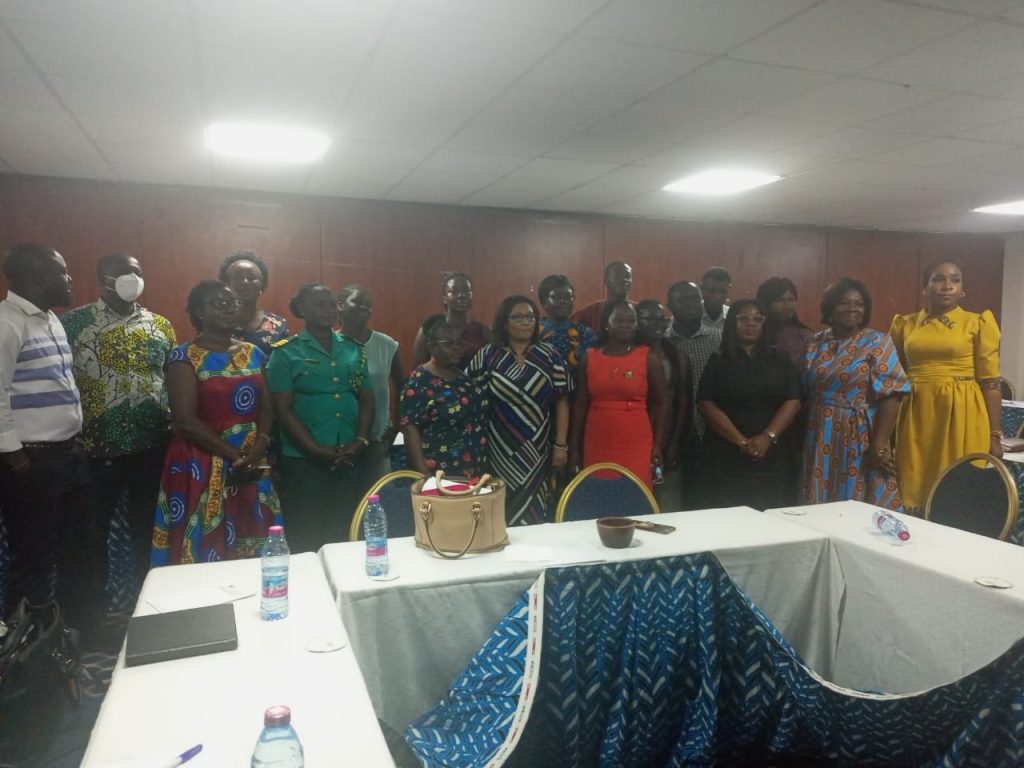By Samira Larbie
Accra, Dec 21, GNA-Basic Needs Ghana, a non-governemental organisation, has held stakeholders’ engagement on the proposed strategy for trauma informed approach with a call on partners to create awareness and the needed support for effective implementation.
Trauma informed approach seeks to help organisations build processes and systems that focus on patient and employee care by redefining organisations’ processes and systems.
Mr Tizaa Hanan Legend, the Project Officer of Basic Needs Ghana, said the meeting was to discuss the proposed advocacy strategy in trauma informed approach to provide quality rehabilitation to survivors of Torture and Organized Violence (TOV).
It was organised in collaboration with the Mental Health Society of Ghana (MEHSOG) and supported by the Danish Institute against Torture (DIGNITY).
According to the World Health Organisation (WHO), Mental illness contributes to 13 per cent of the global disease burden.
In Ghana, it is estimated that mental illness contributes between 13 per cent to 15 per cent of the disease burden and associated with a high treatment gap of about 90 per cent.
Mr Legend said Ghana’s Mental Health System, due to its highly medicalised and centralised nature with minimal inclusion of non-drug therapeutic services, must adopt the trauma informed strategy.
He said health care organizations, nurses and other medical staff needed to understand the six principles of trauma-informed approach – safety; trustworthiness, peer support; collaboration and mutuality; empowerment, voice and choice; and cultural issues.
Even though, a thriving democracy with a reasonably free citizen voice and participation, Ghana was associated with significant levels of Torture and Organized Violence, mostly perpetrated and perpetuated in domestic and intimate partner relationships, and occasional communal inter/intra ethnic disturbances, he added.

Despite the concerns, the prevailing Mental Health Psychosocial Support Services (MHPSS) in Ghana were inadequate in addressing the mental health and psychosocial care needs of people who had suffered Torture and Organized Violence (TOV).
The trauma informed approach will, therefore, broaden the perspectives and upgrade the knowledge and skills on quality health care for the vulnerable and survivors of TOV.
Mr Legend described the approach as the best because it was comprehensive and cost effective and called for more advocacy to keep with the changing times.
The meeting brought together staff of the Ghana Health Service, psychiatric nurses, officials from the National Health Insurance Scheme, National Commision for Civic Education, Immigration Service, NGOs in health, civil society groups, and media, among others.
Dr Adwoa Kusi-Kyere, a Psychiatrist with the Ghana Health Service Institutional Care Division, while commending Basic Needs Ghana for the stakeholder engagement, underscored the importance of mental health.
She said the GHS understood how integral mental health was and as such had shifted its focus from institutional level to sensitisation at the community level to keep people better informed.
GNA